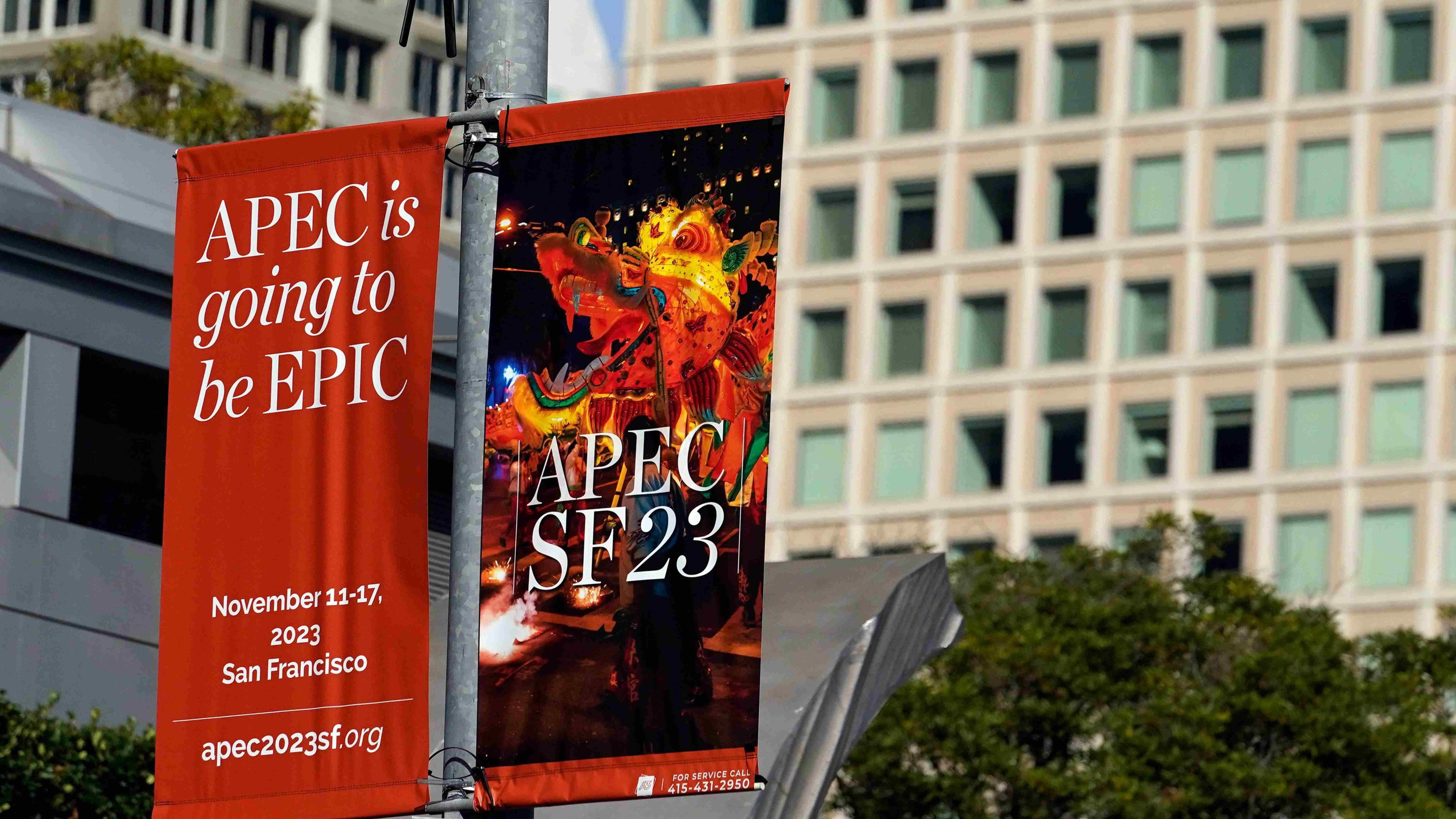
The United States and China are the two global economic heavyweights. Combined, they produce more than 40 percent of the world's goods and services.
So when Washington and Beijing do economic battle, as they have for five years running, the rest of the world suffers, too.
And when they hold a rare high-level summit, as Presidents Joe Biden and Xi Jinping will this week, it can have global consequences.
The world's economy could surely benefit from a U.S.-China détente.
Since 2020, it has suffered one crisis after another — the COVID-19 pandemic, soaring inflation, surging interest rates, violent conflicts in Ukraine and now Gaza.
The global economy is expected to grow a lackluster 3 percent this year and 2.9 percent in 2024, according to the International Monetary Fund.
“Having the world’s two largest economies at loggerheads at such a fraught moment," said Eswar Prasad, senior professor of trade policy at Cornell University, “exacerbates the negative impact of various geopolitical shocks that have hit the world economy.”
Hopes have risen that Washington and Beijing can at least cool some of their economic tensions at the Asia-Pacific Economic Cooperation summit, which started today in San Francisco.
The meeting will bring together 21 Pacific Rim countries, which collectively represent 40 percent of the world’s people and nearly half of global trade.
The marquee event will be the Biden-Xi meeting on Nov. 15 on the sidelines of the summit, the first time the two leaders will have spoken in a year, during which time frictions between the two nations have worsened.
The White House has sought to tamp down expectations, saying to expect no breakthroughs.
At the same time, Prasad suggested that the threshold for declaring a successful outcome is relatively low.
“Preventing any further deterioration in the bilateral economic relationship," he said, "would already be a victory for both sides.’’
The U.S.-China economic relationship had been deteriorating for years before it erupted in 2018, at the instigation of President Donald Trump, into an all-out trade war.
In 2018, the Trump administration began imposing tariffs on Chinese imports to punish Beijing for its actions in trying to supplant U.S. technological supremacy.
When Biden took office in 2021, he kept much of Trump’s confrontational trade policy, including the China tariffs.
In some ways, U.S.-China trade tensions are even higher under Biden than they were under Trump.
Beijing is seething over the Biden administration’s decision to impose — and then broaden — export controls that are designed to prevent China from acquiring advanced computer chips and the equipment to produce them. In August, Beijing countered with its own trade curbs: It began requiring that Chinese exporters of gallium and germanium, metals used in computer chips and solar cells, obtain government licenses to send those metals overseas.